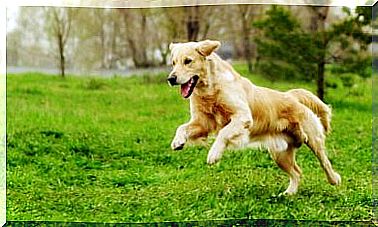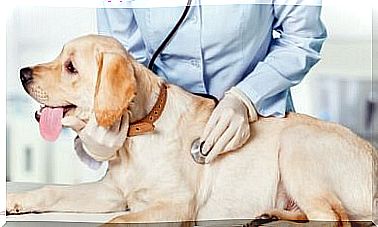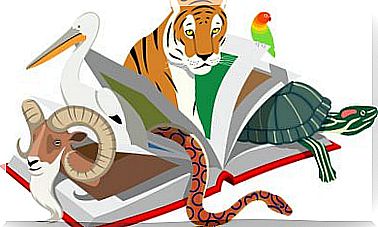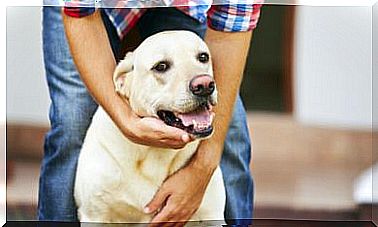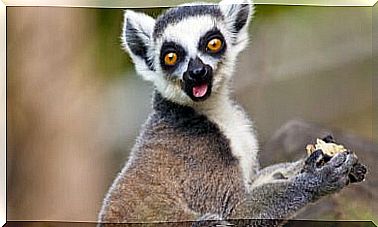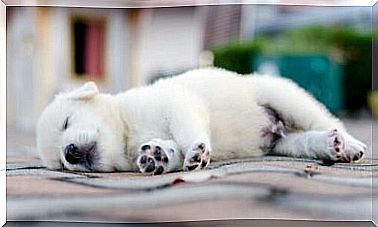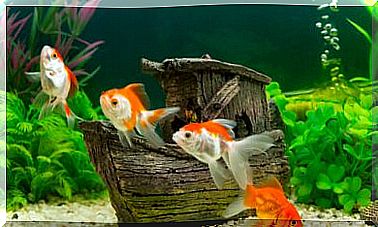All About Nymph Care
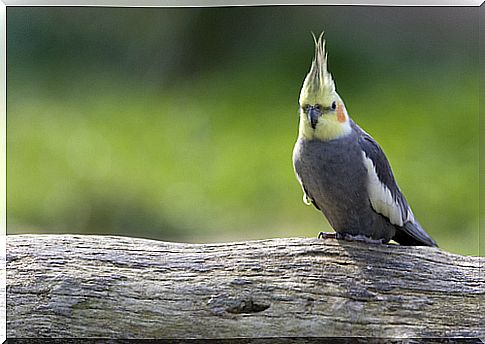
Today we are going to talk about some beautiful birds called nymph or also known as nymph or carolina cockatoos. And it is that this type of bird has crept into homes, winning the affection of their caretakers. It is a very affectionate and grateful exotic animal, for which they establish a very beautiful relationship with their owners.
There are many varieties and colors with very beautiful characteristics. That is why this time we want to dedicate this article to the care of nymphs, in addition to their characteristics and also their character.
Meet the nymphs
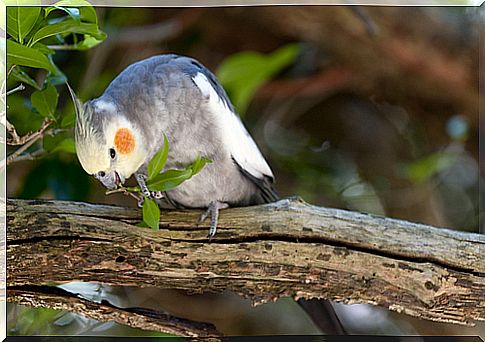
The nymph’s scientific name is Nymphicus hollandicus and it belongs to the cockatoo family, it is also known as Carolina. It is an endemic species to Australia, especially in open areas and close to places with abundant water. When they are free they are nomadic birds that move depending on where the food and water are.
Lately it is a bird that is coming to our homes due to its way of being and its beautiful characteristics.
They are birds that usually measure from 25 to 33 cm and their main physical characteristic is their upward crest. On their tail they also have very long feathers that can measure more than half the size of the nymph. The color of their plumage is gray and they have nice orange spots on their cheeks.
Regarding the character of the nymphs, they are very affectionate and little noisy birds, that is why bird lovers opt for the nymph when adopting a pet. It is better to have them as a couple, since they are not used to living alone, it is also a beautiful opportunity to contemplate how they breed.
In addition to all this, nymphs have a great capacity for imitation and usually live for many years.
Nymph care
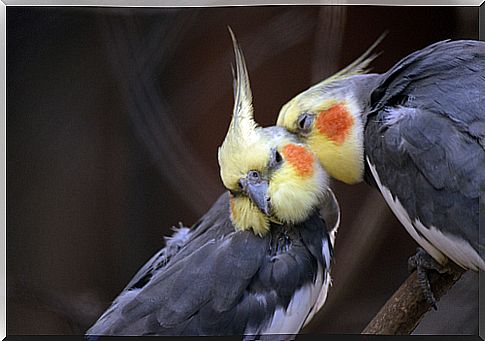
Always remember that if you are willing to adopt a pet and especially an exotic animal, you must always provide the necessary care for their breed and above all provide them with conditions that are most similar to their natural habitat.
Like lovebirds, they do not need special care, but you must attend to all their needs.
A balanced diet
Regarding food, the nymphs can eat a specific food for them or also a mixture based on oats, birdseed or sunflower seeds, at the same time you can provide them with some fruit from time to time, such as apples and also vegetables, in these cases it can be carrots. Like other exotic birds, you should not give them dairy products.
Also from time to time we can give them some treats for them to have a whim, such as nuts, dried fruit bars with honey and also other seeds.
Precautions
We advise you to keep the nymph as free as possible, since cages , no matter how large, are not the most convenient, so it is interesting that you get her used to being loose at home from a young age.
Of course, taking the appropriate precautionary measures. If you have other pets at home you have to be careful, since we must not forget that cats or dogs are predators, so it is better that you get them used to living together.
Be careful around mirrors or windows, as they could get hit. It is also very important that the place where the nymph lives is always clean and that it does not lack neither water nor food. Make sure the environment has a good temperature and avoid being cold. It is also not convenient to be directly exposed to the sun’s rays.
Mating
If you have a pair of nymphs it is very important that you know all the care that must be taken if they are going to breed. Mating begins with a song from the male, who both flaps his wings and shakes his head.
By the time the female has been fertilized she can lay 5 to 6 eggs. If you have the chance, you can build your own nest, which should be long enough for the mother to hatch the chicks.
